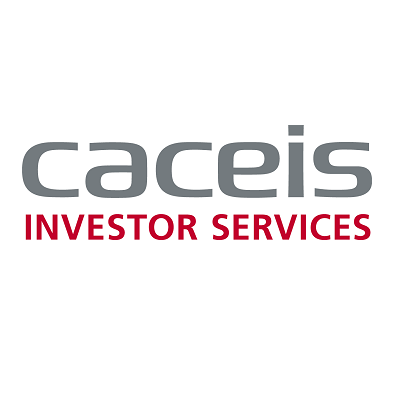In November last year, the Financial Conduct Authority (FCA) published their policy statement on SDR, including proposals for sustainability linked investment labels, which will take effect in July 2024. The scope of the new labelling rules apply to UK collective asset management firms (UCITS managers and AIFMS) that manage UK-domiciled funds in the first instance.
In contrast to Europe's SFDR regime, the UK's explicit rules focus on the categorisation and labelling of funds to help investors select products that best match their sustainability preferences.
 To recap what we highlighted last year, the FCA undertook a programme of behavioural research on sustainability disclosures, which formed the basis of the labelling proposals and ensured that these were considered through the lens of the consumer. The research found that there was a ‘tendency for people to mistakenly believe that all funds with sustainable goals aimed to make a real-world impact, whereas in reality ‘Impact’ funds are the only ones that do so’. One of the other interesting parts of the research was confusion around the term ‘transitioning’.
To recap what we highlighted last year, the FCA undertook a programme of behavioural research on sustainability disclosures, which formed the basis of the labelling proposals and ensured that these were considered through the lens of the consumer. The research found that there was a ‘tendency for people to mistakenly believe that all funds with sustainable goals aimed to make a real-world impact, whereas in reality ‘Impact’ funds are the only ones that do so’. One of the other interesting parts of the research was confusion around the term ‘transitioning’.
All these inputs have had an influence in the labelling proposals. Not surprisingly, 80% of consumers would like their money to ‘do some good’ as well as providing a return, according to the FCA’s Financial Lives Survey.
The FCA’s aim is straightforward - ‘financial products that are marketed as sustainable should do as they claim and have evidence to back it up’.
What do asset managers and ACDs need to start considering?
To begin with, a general anti-greenwashing rule will come into effect on 31 May 2024 and apply to all FCA authorised firms. This means all FCA authorised firms must ensure that references to sustainability characteristics of financial products are clear, fair and not misleading. Furthermore, references must be consistent with the sustainability characteristics of the product.
Funds can begin to use labels, with accompanying disclosures, from 31 July 2024. The labels are outlined below.
- Sustainable Improvers: A fund investing in companies that are clearly transitioning to better outcomes. Improvement is determined through measurement against a robust evidence-based standard of sustainability over time.
- Sustainable Focus: A fund that can demonstrate an absolute standard of sustainability
- Sustainable Impact: A fund with a clear, predefined objective of delivering a positive environment or social impact.
- Sustainability mixed goals: This is primarily for multi-asset funds that invest across a mix of funds that have a combination of any of the above three labels.
In the FCA’s SDR policy statement, they introduced the ‘sustainability mixed goals’ label in addition to the three already proposed through its consultation. There are cross-cutting requirements for the use of any label, including a requirement to invest in at least 70% of the gross value of the product’s assets in line with the sustainability objective.
On 2 December 2024, naming and marketing rules come into force. This means funds must use sustainability-related terms appropriately in fund names, along with accompanying disclosures to support this. Data will be key.
Evidence-based standards for fund labelling
One of the key areas for asset managers and ACDs is to ensure that labelling is backed up by robust, evidence-based data. The FCA is not prescriptive on what data to use, and instead puts the emphasis on the product provider to embed their sustainability strategy within the product, monitor its performance against KPIs and report transparently with end investors. For financial institutions, this means getting access to good quality data that covers ESG and climate metrics is key. For asset managers and ACDs, having a robust methodology for assessing and monitoring fund labels will be an important step, especially in demonstrating that the labels are consistent with the sustainability objectives of a fund or product. Furthermore, applying a consistent and evidence-based methodology across sustainability data points also provides more transparency for end-investors – as everything is held to the same standard.
We also expect that fund boards will be requesting key performance indicators to assist with their role in overseeing funds that have sustainability objectives and labels, and will be looking for evidence-based data.
Finally, any reporting or data used will need to stand up to scrutiny, especially in light of concerns about greenwashing. This means evidence-based information should be derived from an objective and relevant body of data. This will also help strengthen disclosures.
Asset managers will have to develop robust sustainable governance processes to substantiate their sustainability approach and this means getting hands on good, robust data.




